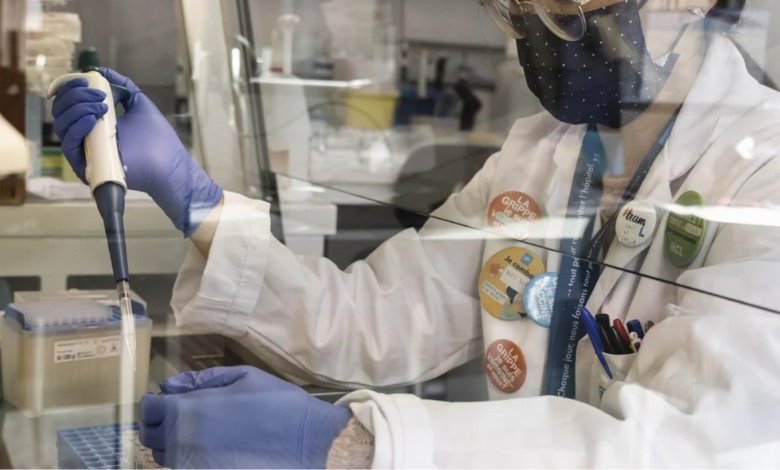CEPI and WHO Urge Global Effort to Accelerate Pandemic Preparedness Research
Global Health Leaders Advocate for Broader Research on Pathogen Families to Enhance Pandemic Preparedness and Rapid Response Capabilities

Global Collaboration Needed to Expand Research on Pathogen Families and Enhance Pandemic Readiness
Rio de Janeiro, Brazil – In a decisive call to action, the Coalition for Epidemic Preparedness Innovations (CEPI) and the World Health Organization (WHO) have urged researchers and governments worldwide to bolster and expedite global research efforts to better prepare for future pandemics. This announcement was made during the Global Pandemic Preparedness Summit 2024 held in Rio de Janeiro, emphasizing the need for a comprehensive approach that includes entire families of pathogens, not just those currently perceived as high pandemic risks.
The WHO’s R&D Blueprint for Epidemics report, unveiled at the summit, advocates for a strategic shift towards using prototype pathogens as a framework to develop a broader knowledge base for entire pathogen families. This strategy aims to create adaptable tools and countermeasures that can be quickly deployed against emerging threats.
Dr. Tedros Adhanom Ghebreyesus, WHO Director-General, stressed the urgency of this initiative, stating, “History teaches us that the next pandemic is a matter of when, not if. We need a combination of science and political resolve to prepare for the next pandemic. Advancing our knowledge of the many pathogens that surround us is a global project requiring the participation of scientists from every country.”
The report employs a metaphor to illustrate its recommendation: scientists are like individuals searching for lost keys under a streetlight (representing well-studied pathogens). By researching prototype pathogens, they aim to expand the illuminated area, thus gaining knowledge about lesser-known pathogen families. Many regions, especially those with high biodiversity but limited research infrastructure, remain in the metaphorical dark. These areas could harbor novel pathogens, but lack the resources for comprehensive study.
Dr. Richard Hatchett, CEO of CEPI, highlighted the importance of this expanded research framework, saying, “WHO’s scientific framework for epidemic and pandemic research preparedness is a vital shift in how the world approaches countermeasure development. This strategy will bolster our ability to swiftly respond to unforeseen variants, emerging pathogens, zoonotic spillover, and unknown threats referred to as pathogen X.”
The prioritization work behind the report involved over 200 scientists from more than 50 countries, who assessed the science and evidence on 28 virus families and one core group of bacteria, encompassing 1652 pathogens. This assessment considered transmission patterns, virulence, and the availability of diagnostic tests, vaccines, and treatments to determine epidemic and pandemic risks.
CEPI and WHO are also advocating for globally coordinated, collaborative research efforts to prepare for potential pandemics. To facilitate this, WHO is establishing Collaborative Open Research Consortiums (CORCs) for each pathogen family, with WHO Collaborating Centres acting as research hubs. These CORCs will bring together researchers, developers, funders, regulators, and trial experts to promote greater collaboration and equitable participation, especially from regions where these pathogens are likely to circulate.
The call to action from CEPI and WHO underscores the critical need for a unified global response to pandemic preparedness, leveraging scientific innovation and international collaboration to safeguard public health against future threats.